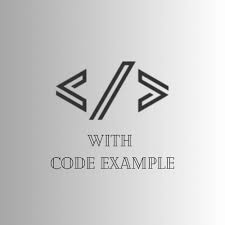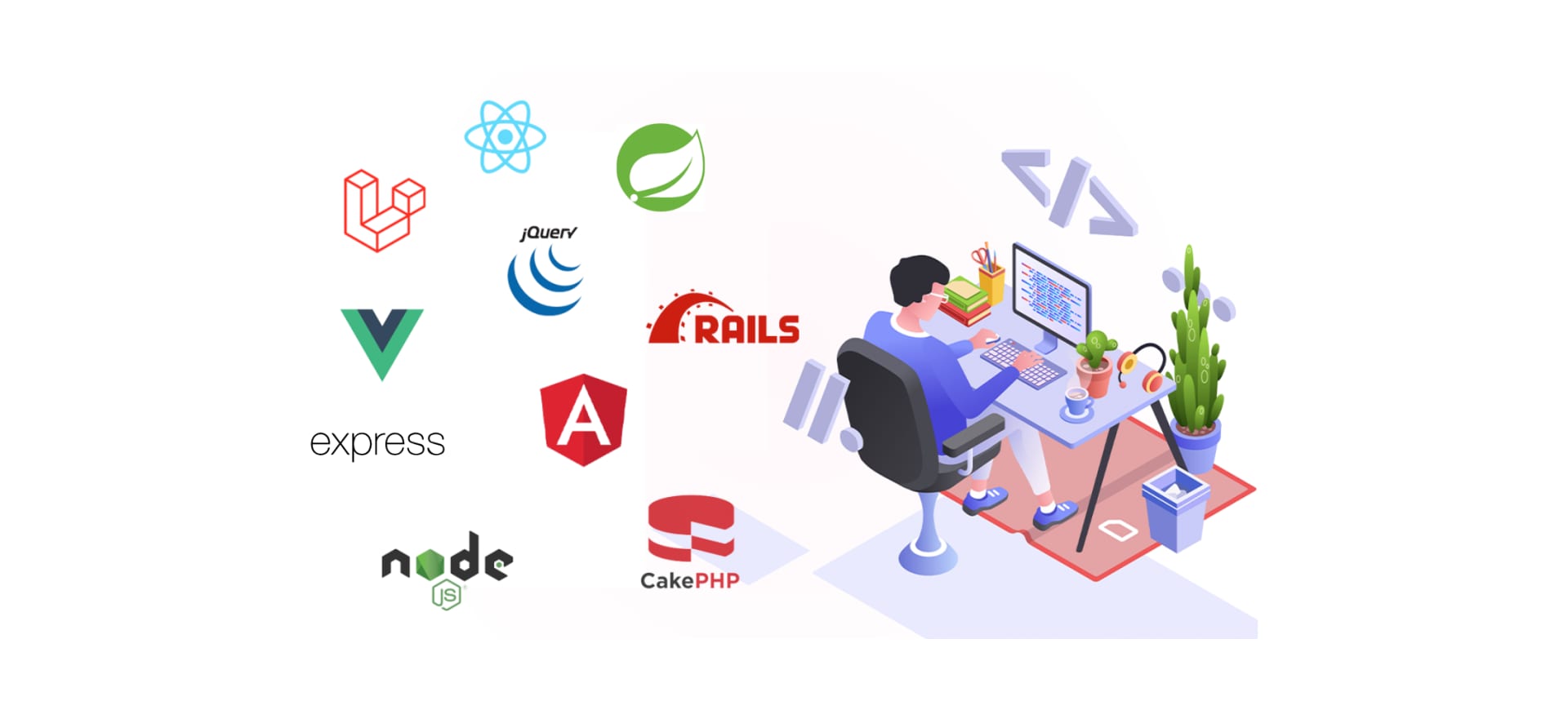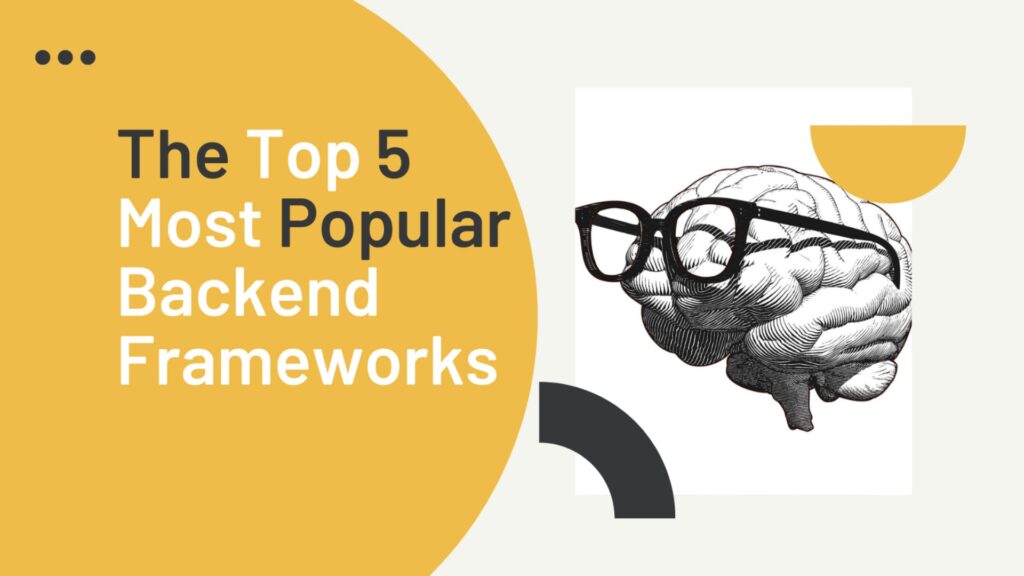Hello everyone, welcome to With Code Example! Today, we’re diving into the fascinating world of framework wars. Over the years, these battles between programming frameworks have become more intense and longer-lasting. While some framework wars may only last a few days or weeks, recent trends show these debates extending for much longer. But this is not a new phenomenon—it has always been part of the tech landscape.
Let’s give you a broader perspective on this so you can better judge which framework to choose and why. I won’t provide a direct answer as to whether Spring Boot, MERN, or Ruby on Rails is better. Instead, I’ll teach you how to think about these choices, what perspectives you should have, and how to learn effectively.
Framework Wars: A Deeper Insight
Just like with tea and coffee, programming frameworks are often chosen based on individual or team experiences. Where you’ve worked, the companies you’ve dealt with, and your maturity in the field all influence your opinion on which framework is better. Some people have had extensive experience with coffee, while others have grown up drinking tea. This analogy extends to frameworks—your preferences are shaped by your professional journey.
Framework Preferences and Personal Experiences
Framework wars are not limited to just programming; they often extend to editors as well. You might have seen debates about whether Vim or VS Code is better. Some developers feel more productive with Vim, while others prefer VS Code. Personally, I find VS Code more suitable for my workflow, but that doesn’t mean Vim users write inferior code. The choice of editor or framework often reflects personal preferences and workflows rather than an absolute measure of quality.
What Are Frameworks?
In case you’re unfamiliar, frameworks are libraries or tools that make programming easier. They aren’t limited to web development—they’re also used in mobile development, system programming, IoT devices, and more. For instance, our website, Chai and Code, is built using various frameworks. We also have a startup, powered by Learnix, which handles around 12 million users. This platform is built on Ruby on Rails, utilizing multiple types of databases.
Real-World Applications of Frameworks
Let’s take a closer look at some popular frameworks:
– Ruby on Rails: Our platform, which serves millions, is built on Ruby on Rails. We use it extensively for our white-labeling solutions, providing apps and websites for teachers.
– Astro: We use Astro for our documentation site, Chai and Code Docs. It employs simple markdown syntax and works efficiently for our needs.
– Laravel: A widely known PHP framework, often perceived as outdated, but still robust and capable. We recently helped ship a finance-related product using Laravel, and it performed excellently.
Framework Diversity in the Industry
Frameworks like Django, Node.js (with frameworks like Sails), and Spring Boot are also popular. Each has its strengths and is chosen based on specific project requirements, team expertise, and other factors. It’s rare for an industry to stick to a single framework; most companies use multiple frameworks and languages to solve different problems.
The Real Essence of Framework Wars
Framework wars are fueled by personal experiences and the specific needs of projects. When developers defend their preferred framework, it’s often because their livelihood and expertise are tied to it. The key takeaway is not to get confused or overwhelmed by these debates. Focus on understanding the complete flow of full-stack applications, including authentication, authorization, database design, and data manipulation.
Building a Mature Perspective
Your primary goal should be to understand the flow of applications. Once you grasp the full architecture, switching between frameworks becomes relatively easy. Whether you’re comfortable with Java, Ruby, PHP, or any other language, focus on mastering the application flow. This knowledge will allow you to adapt to new frameworks as needed.
Conclusion
Remember, the framework wars won’t end, and that’s okay. These discussions are part of the tech landscape. Enjoy them, participate in them, but don’t let them dictate your learning path. Focus on building complete applications and understanding their architecture. No matter which framework or language you’re learning, you’re on the right path.
Thank you for joining us in this raw take on framework wars. If you enjoyed this video, please subscribe and share. Until next time, happy coding!


